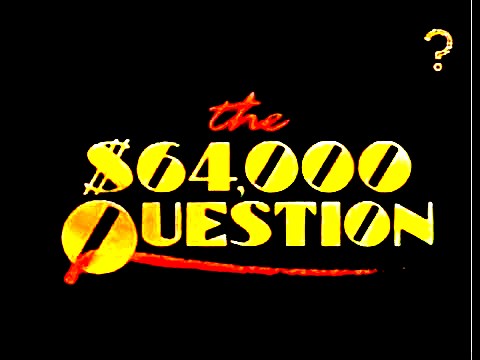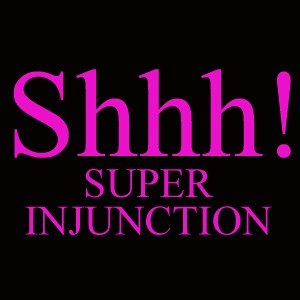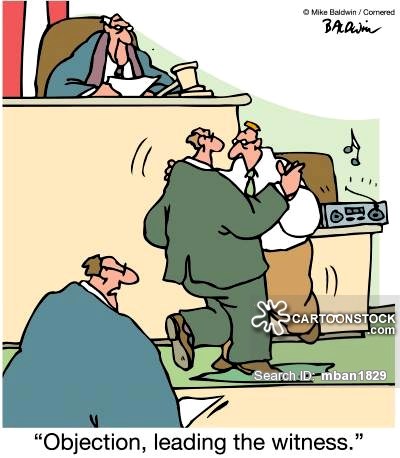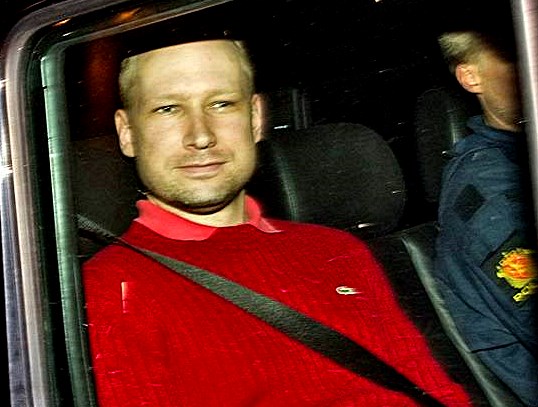No Punitive or Aggravated Damages In Wrongful Death Claims
Glenn v Seair Seaplanes and others, 2012 BCSC 1726 arises from a seaplane crash in November 2009.
The action has been brought against the owner and operator of the seaplane, Seair Seaplanes Ltd. and the pilot, Francois St. Pierre.
The plaintiffs also plead negligence on the part of the other defendants, Viking Air Ltd., which holds the aircraft type certificate for the seaplane, Victoria Air Maintenance Ltd., which maintained and serviced the seaplane and the Attorney General of Canada who regulates commercial aviation in Canada.
Mr. Glenn survived the crash but was unable to exit the cabin. He subsequently drowned. Ms. Glenn was able to escape the cabin and was rescued.
Mrs Glenn brought an action for damages and at issue before the court on a rule 9-4 application was whether aggravated and punitive damages are available or not in claims arising from a wrongful death.
The Court held that they are not and followed BCCA authority for such, whether under the Family Compensation act or the Estate Administration act.
The following authorities were quoted:
The British Columbia Court of Appeal in Lodge v. Fraser Health Authority, 2009 BCCA 108 accepted that it was settled law that a claim for aggravated damages or punitive damages was not available under the EAA. Bauman J.A. (as he then was) put it this way:
[53] In my view, the trial judge and this court, sitting as a panel of three, are bound by the decisions in Campbell v. Read [(1987), 22 B.C.L.R. (2d) 214 (C.A.)], and Allan Estate v. Co-Operators Life Insurance Co., 1999 BCCA 0035, 62 B.C.L.R. 3d 329.
[54] In Campbell v. Read, this court held that a claim for aggravated damages could not be maintained under the Estate Administration Act, R.S.B.C. 1996, c. 122.
[55] The same result in respect of a claim for punitive damages was reached in Allan Estate.
[56] Here, the Estate could not maintain these claims.
[10] I turn now to the FCA. The Court of Appeal has also addressed the questions of law at bar under the FCA squarely. In Campbell v. Read, (1987), 22 B.C.L.R. (2d) 214 at 217, Wallace J.A. stated:
Circumstances which may aggravate the loss or damage sustained by an injured party are personal to that individual in the same sense as is the pain, suffering and loss of amenities experienced by the injured party. Such loss is not an injury of the kind dependants sustain as a “result of the death of the deceased”.
[11] In Allan Estate v. Cooperators Life Insurance Co., 1999 BCCA 35, 62 B.C.L.R. (3d) 329, Lambert J.A. stated:
[71] Punitive damages are not damages proportioned to the injury resulting from the death. The remedy under the [Family Compensation Act] is a statutory one. There is no authority in the statute to award punitive damages. So punitive damages cannot be assessed or awarded in a Family Compensation Act action.
– See more at: http://www.staging-disinherited-staging.kinsta.cloud/blog/claims-punitive-and-aggravated-damages-cannot-be-made-wrongful-death-claims#sthash.ZP3BOdr6.dpuf









